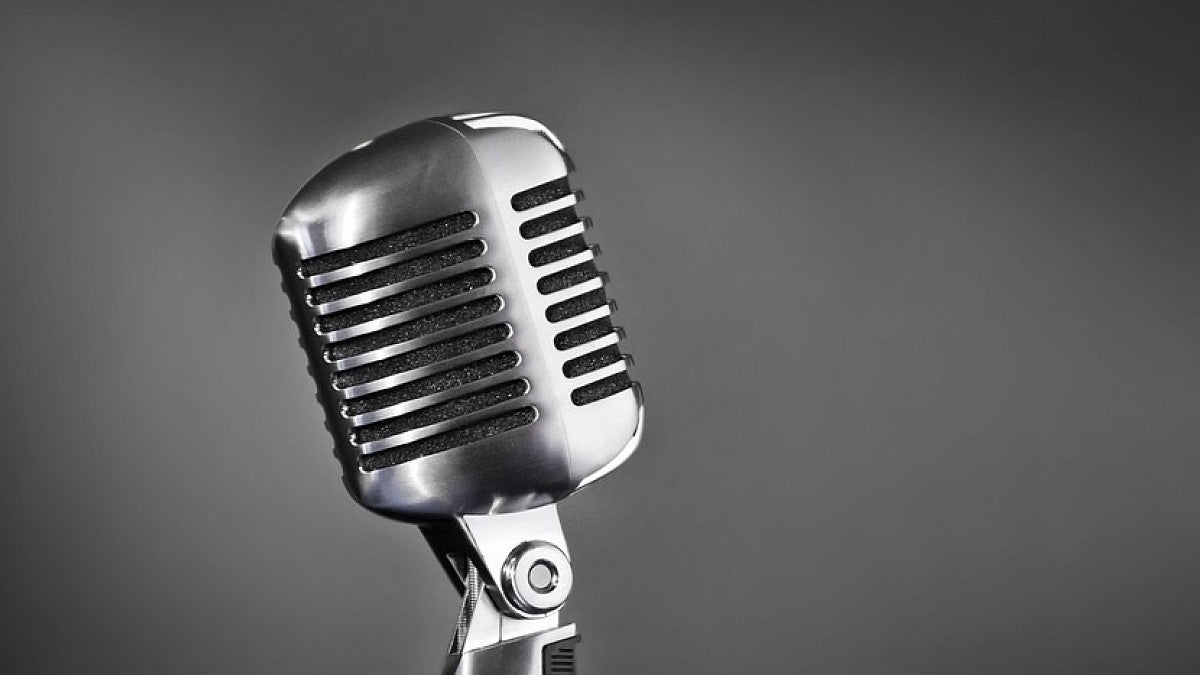KWAX, the University of Oregon’s classical music station, has been sending symphonies through the Eugene airwaves for more than 50 years as one of the area’s only all-classical broadcasters, but it continues to make changes to keep programming fresh.
The station recently made a number of seasonal changes to its program. Changes can be expected from KWAX fairly regularly because many music contracts last between 13 and 52 weeks.
However, the long-running program “Harmonia” has recently been replaced, as has the daily hosted show “Performance Today with Fred Child."
“Quarterly, it can be common to have one or two or three changes,” KWAX general manager Greg Raschio said. “But there are a couple of long-standing programs that are being changed for various reasons.”
“Harmonia,” a Thursday night program from 6-8 p.m. that focuses on early music, is being replaced with “Early Music Now,” a program dedicated to 17th-century music and earlier. Recent changes in broadcasting fees from the music retailer made “Harmonia” an unaffordable option to keep on the show, Raschio said.
Also, starting July 30 "Classical Works with Joe Goetz” will replace "Performance Today with Fred Child" weekdays from 6 a.m. to 8 a.m. and 10 p.m. to midnight.
“Performance Today” focuses on talking about a particular performer or theme with various samples of music. “Classical Works” will use less of a talk-show style and focus more on musical performance with some historical background.
“It will be much more music-driven,” Raschio said. “A couple areas with a change of pace and a different orchestra doing their rendition of some of the greatest symphonic pieces of all time.”
Beginning as a student radio station in an attic above Villard Hall, KWAX quickly expanded to become a professional public broadcaster of classical music in the 1960s. Today, the station streams online and broadcasts to 12 Oregon cities from Newport to Redmond.
KWAX stands out from other radio stations for more than its music. The public radio station also does not use traditional advertising messages and employs a technique called underwriting.
Underwriting rules were designed by the Federal Communications Commission to differentiate between traditional advertising messages found on commercial radio stations and those on public radio. These rules prohibit advertisers on public radio from making claims about a product, exceeding 30 seconds, discussing price, utilizing a call to action and more.
KWAX broadcasts 24/7 at 91.1 FM and features only three or four underwritten advertisements an hour.
“We’re also a good escape from the news of the day; we’re not a news station, Raschio said. “We love that aspect. They get their news for the day from all kinds of sources, but they can only get the escape of classical music from one source, and that’s us.”
This new season of music brings with it a number of new performances from world-renowned orchestras such as The Los Angeles Philharmonic and The Shanghai Symphony. The Cleveland Orchestra on Fridays at 8 p.m. will be replaced with “Live from Carnegie Hall.”
To learn more about KWAX visit its website. For a printable version of the daily programing, see KWAX On-Air Programming.
—By Bryan Dorn, University Communications


